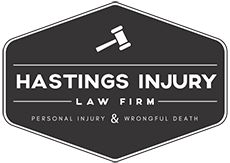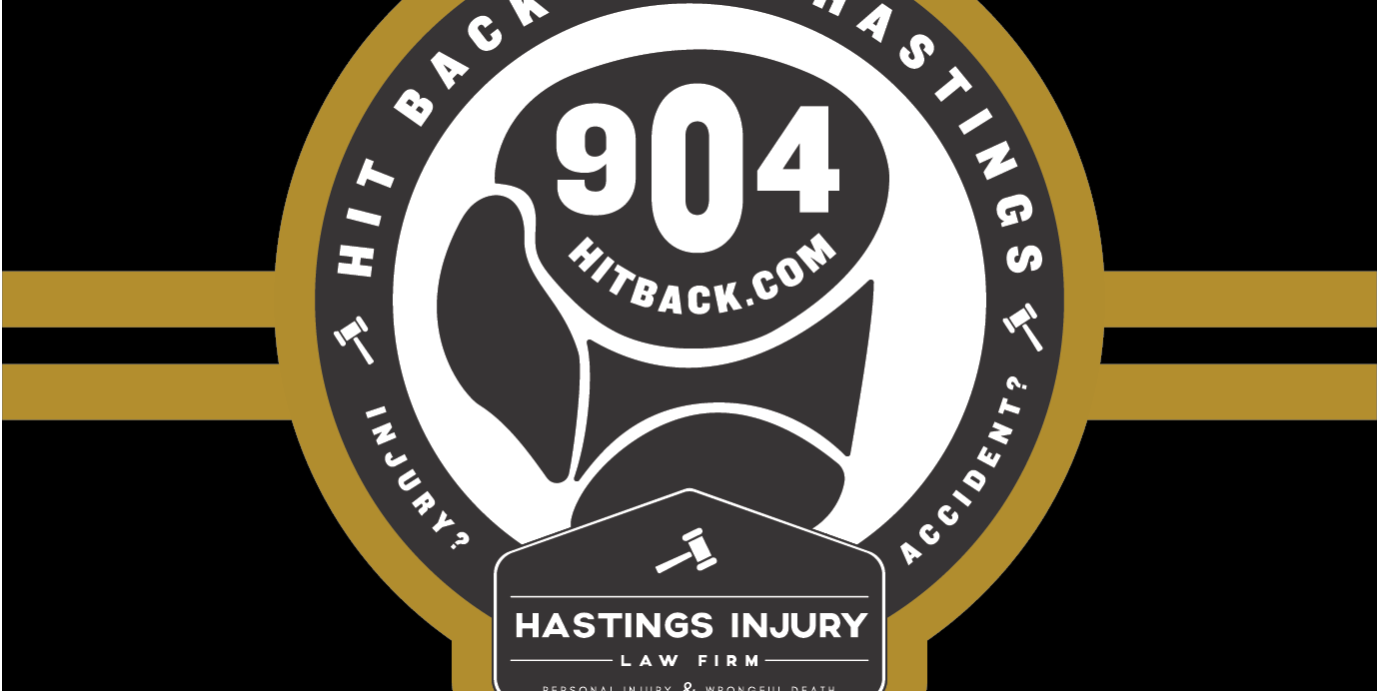Below is the Senates version of the recently filed limitations of medical payments bill (View the actual PDF).
If you are not familiar with it, you should be. If it’s passed, it will gut your practice (unless you like spending a week in trial discussing coding issues, Medicare rates, etc.).
Everyone should be discussing this bill with any doctors they know. We need to get the word out or else it will get passed and there will be no good doctors left to treat injury victims.
A Bill to Be Entitled
An act relating to damages in negligence actions; creating s. 768.755, F.S.; providing that a claimant in certain negligence actions may recover damages for the cost of medical or health care services only if such services are medically necessary; providing a methodology to calculate an award of damages for the cost of such medical or health care services; specifying evidence that is admissible and inadmissible in determining the award of damages; requiring an alternative calculation of damages if certain insurers file a lien or subrogation claim in the action; prohibiting the use of a finding of medical necessity for certain purposes; providing applicability; providing a directive to the Division of Law Revision and Information; providing an effective date.
Be It Enacted by the Legislature of the State of Florida:
Section 1. Section 768.755, Florida Statutes, is created to read:
768.755 Damages recoverable for cost of medical or health care services; evidence of amount of damages; applicability.—
(1) In any personal injury or wrongful death action to which this part applies, damages for the cost of medical or health care services provided to a claimant may be recovered only for medical or health care services that are determined, by a preponderance of the evidence, to be medically necessary. A defendant is not liable for damages arising from or related to the rendering of medical or health care services determined to be medically unnecessary. The award of damages shall be calculated as follows:
(a) For such medical or health care services provided to the claimant which are paid for by the claimant and for which an outstanding balance is not due the provider, the actual amount remitted to the provider is the maximum amount recoverable. Any difference between the amount originally billed by the provider
and the actual amount remitted to the provider is not recoverable or admissible into evidence.
(b) For such medical or health care services provided to the claimant which are paid for by a governmental or commercial insurance payor and for which an outstanding balance is not due the provider, other than a copay or deductible owed by the claimant, the actual amount remitted to the provider by the governmental or commercial insurance payor and any copay or deductible owed by the claimant is the maximum amount recoverable. Any difference between the amount originally billed the provider and the actual amount remitted to the provider or due from the claimant for a copay or deductible is not recoverable or admissible into evidence.
(c) For such medical or health care services provided to the claimant for which an outstanding balance is claimed to be due the provider, the parties may introduce into evidence:
1. The usual and customary charges of providers in the same geographic area for identical or substantially similar medical or health care services;
2. Amounts billed by the provider for the services provided to the claimant, including those amounts billed under an agreement between the provider and the claimant or the claimant’s representative;
3. Amounts the provider received in compensation, if any, for the sale of the agreement between the provider and the claimant or the claimant’s representative under which the medical or health care services were provided to the claimant; and
4. Other relevant evidence.
(2) Individual contracts between providers and licensed commercial insurers or licensed health maintenance organizations, other than those applicable to the claimant, are not subject to discovery or disclosure in any action under this part, nor is such information admissible into evidence in any action to which this section applies. This subsection also applies to any lien or subrogation claim asserted for the cost of medical or health care services in the action, except for a lien or subrogation claim described in subsection (3).
(3) Notwithstanding any provision of this section to the contrary, if Medicaid, Medicare, or a payor regulated under the Florida Insurance Code has covered or is covering the cost of a claimant’s medical or health care services and has given notice of assertion of a lien or subrogation claim for past medical expenses in the action, the amount of the lien or subrogation claim, in addition to the amount of any copayments or deductibles paid or payable by the claimant, is the maximum amount recoverable and admissible into evidence with respect to the covered services.
(4) This section applies only to those actions for personal injury or wrongful death to which this part applies arising on or after the effective date of this act and has no other application or effect regarding compensation paid to providers of medical or health care services. A determination as to medical necessity under this section may not be used by any person in an effort or action to recoup or recover payment made by a payor to a provider for medical or health care services or in any malpractice, disciplinary, or regulatory action or other proceeding against the provider.
Section 2. The Division of Law Revision and Information is directed to replace the phrase “the effective date of this act” wherever it occurs in s. 768.755, Florida Statutes, with the date this act becomes a law.
Section 3. This act shall take effect upon becoming a law.

